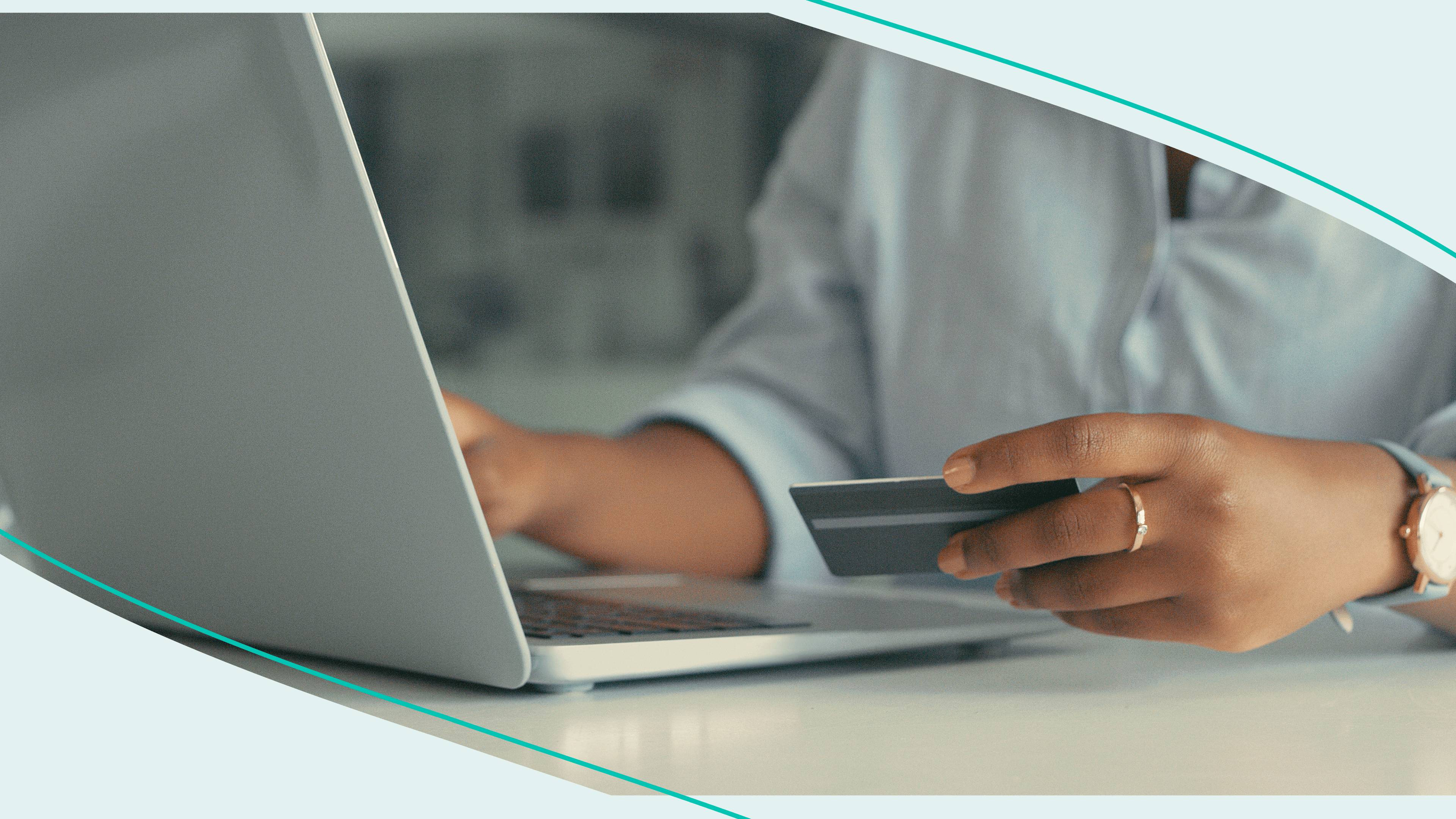Eyes On
Savings Are Shrinking
Americans have burned through about $630 billion of a $2.1 trillion savings cushion they built up during the pandemic, according to the Bureau of Economic Analysis. ICYMI inflation has driven costs way up. And, according to data released on Thursday, it isn’t on its way down anytime soon. So, many Americans are dipping into their savings to pay for necessities. But that won’t last. Which means we might be in for a worse recession. Think: If people start cutting their spending to boost their savings, there won’t be enough money being spent to trigger the economic growth needed.
Your move
Revisit your budget. Build a budget you can live with (hint: give your budget a 50/30/20 makeover). Cut back where you can to make room for necessary savings.
Re-evaluate your emergency fund. Rule of thumb: save at least three to six months of expenses in your emergency fund. If you're not there yet, boost your savings rate to get there ASAP.
Shop around for a better savings account. So you’ve saved three to six months of living expenses? Congrats, you’re ahead of the game. Now be sure that your emergency fund is working as hard as it can with the right savings account. Hint: the best savings account will earn at least 2% interest.
Related Stories
Financial Goal Unlocked

The Goal: Pay down your credit card debt.
A Winning Mindset: Tackle it ASAP. Because credit cards typically have high interest rates. You'll have to pay more in interest if you continue to carry a balance. Read: If you don’t pay off your card right away, the actual cost of those lug sole boots is higher than what you paid for them at checkout.
A Winning Strategy: Swipe smarter. Use these tips to manage your existing credit card debt and avoid racking up an even bigger balance…
Choose your strategy. The avalanche and snowball methods are both tried-and-true ways to pay off debt. Which one is right for you depends on (1) your financial situation and (2) how you feel about being in debt.
Lower your rate. Consider consolidating your debt with a personal loan or exploring balancer transfer credit cards to potentially get a lower rate. Don’t forget: You can call your credit card issuer to see if they’ll negotiate.
Set up auto payments. Because missing ‘em is a surefire way to stay in debt. Set up auto payments to keep bring your balance down and skip the late fees.
Avoid the upgrade. Got a raise? We love to see it. But don’t let lifestyle inflation hold you back from building wealth. Put that extra cash toward your debt first. Thennn pop the champagne.
Don’t charge anything you can’t afford. Only use your credit card for non-emergencies if you can afford to pay it off right away. Rack up those rewards, but don’t let it cost you your debt-free life.
theSkimm
There’s no shame in having credit card debt. We’ve all been there. But managing your debt and your credit card spending responsibly can keep you (and your credit score) out of trouble.
And Also This…
Who’s releasing the hottest new app(lication)…
The Education department. They released a sneak peek of the new student loan forgiveness application, aka the form that will eventually make those monthly payments just *disappear.* They’re asking for info like your name, SSN, DOB, email, and phone number. Call your mom if you must.
Where they don’t believe in the pink tax…
CVS. The retailer is dropping prices on its store brand menstrual products across the country. CVS will also cover sales tax on those products in 12 states.One more win for menstrual equity.
Who’s looking to secure the bag and the benefits…
Independent contractors. Thanks to a Biden admin labor proposal, some gig workers could soon be considered official employees. Which would give them some perks like minimum wage and overtime pay.
While you put off having kids…
Don’t put off getting life insurance.
Skimm’rs
Tell Us How You Really Feel:
What’s the No. 1 question you have for a personal finance expert? Share it here and you could see your question answered in a future Asking for a Friend column.
Last week, we asked about your biggest money fear. Here’s what you shared (hashtag spooky season):
Not breaking generational cycles. “I'm a Latina and financial literacy isn't exactly something that is passed down to us. Most of my relatives have struggled living paycheck to paycheck, which has prevented them from learning about investing and planning for retirement. So I want to do what I can do now, in my mid-30s, to learn how to plan for retirement. But it's scary when you're the first one in your family trying to learn this” — JB, Los Angeles, CA
Rapidly rising prices. “People are living longer and prices will only continue to rise, so it’ll be harder and harder to have enough in retirement to cover living expenses. I’m not confident that much social security will still be available by the time I get there, so I have to rely on myself to save enough.” — Kristyn A, Orlando, FL
Making the wrong investments. “My biggest fear now that I have some money, is investing it in something that won't end up worthwhile (i.e. stock market, Airbnb property, certain funds, etc.).” — Alexa F, Austin, TX
Answers have been edited for length and clarity.
Subscribe to Skimm Money
Your source for the biggest financial headlines and trends, and how they affect your wallet.
